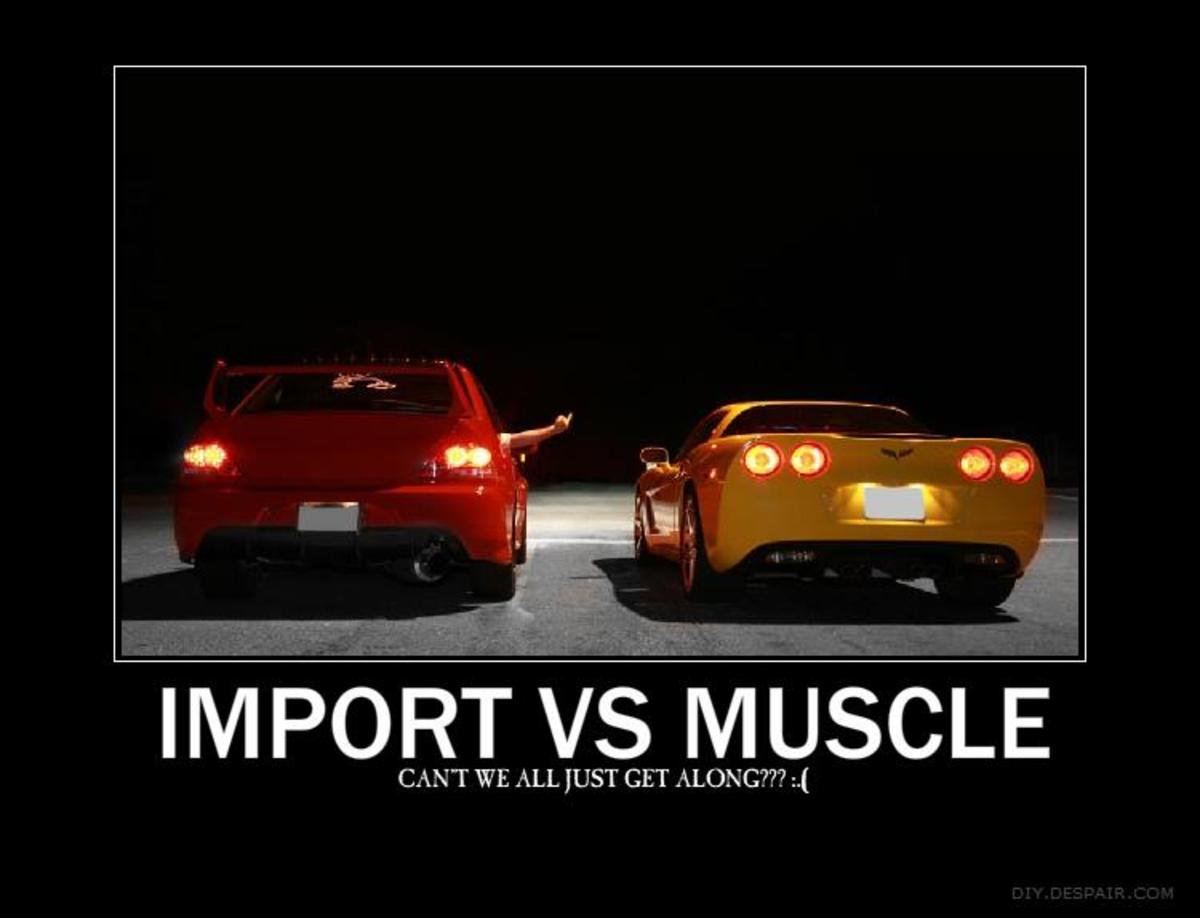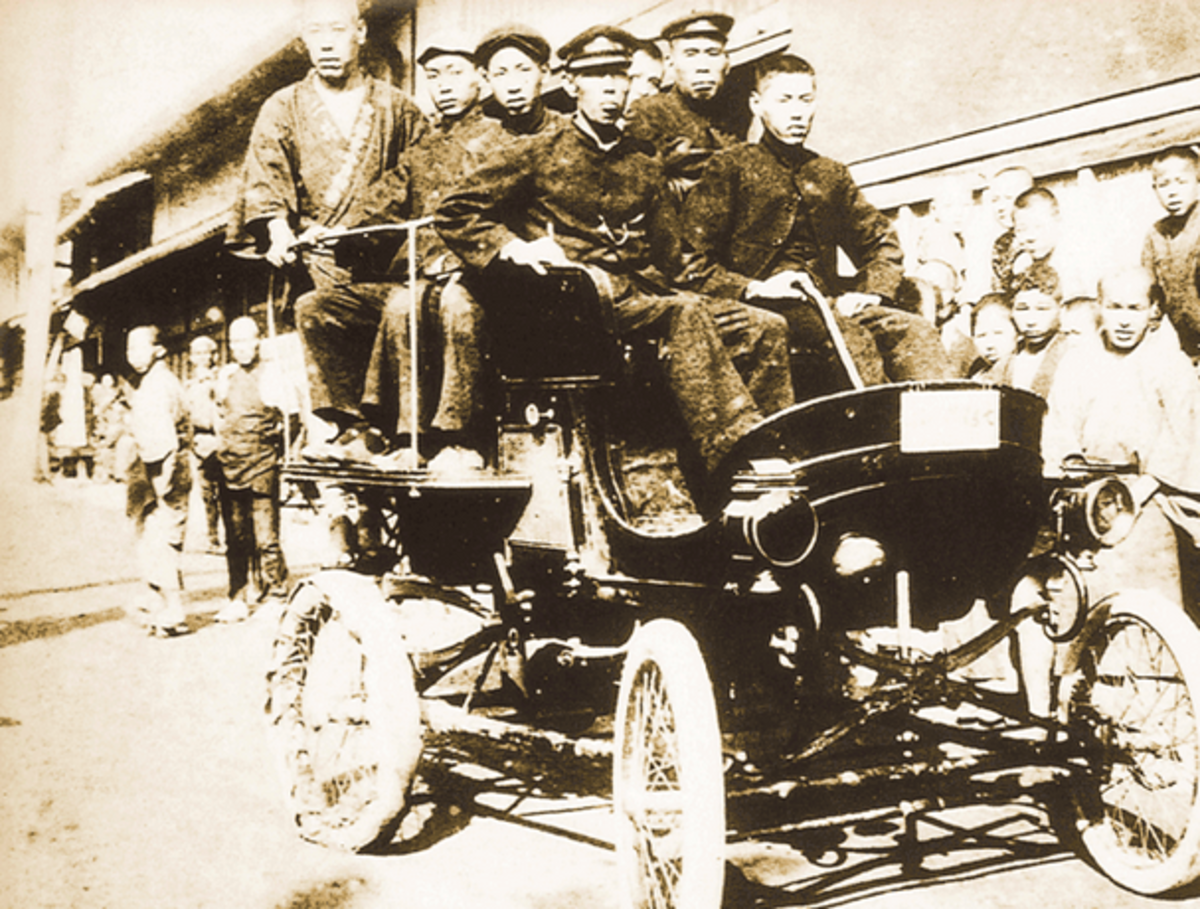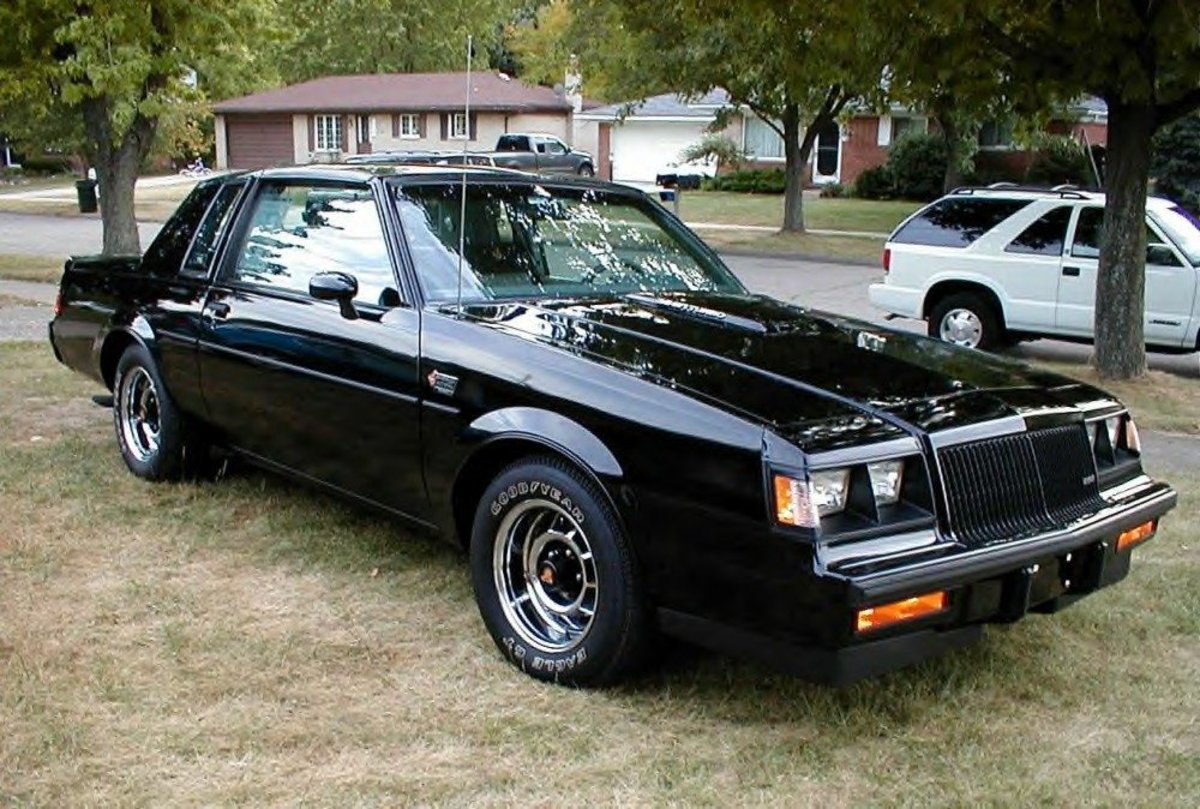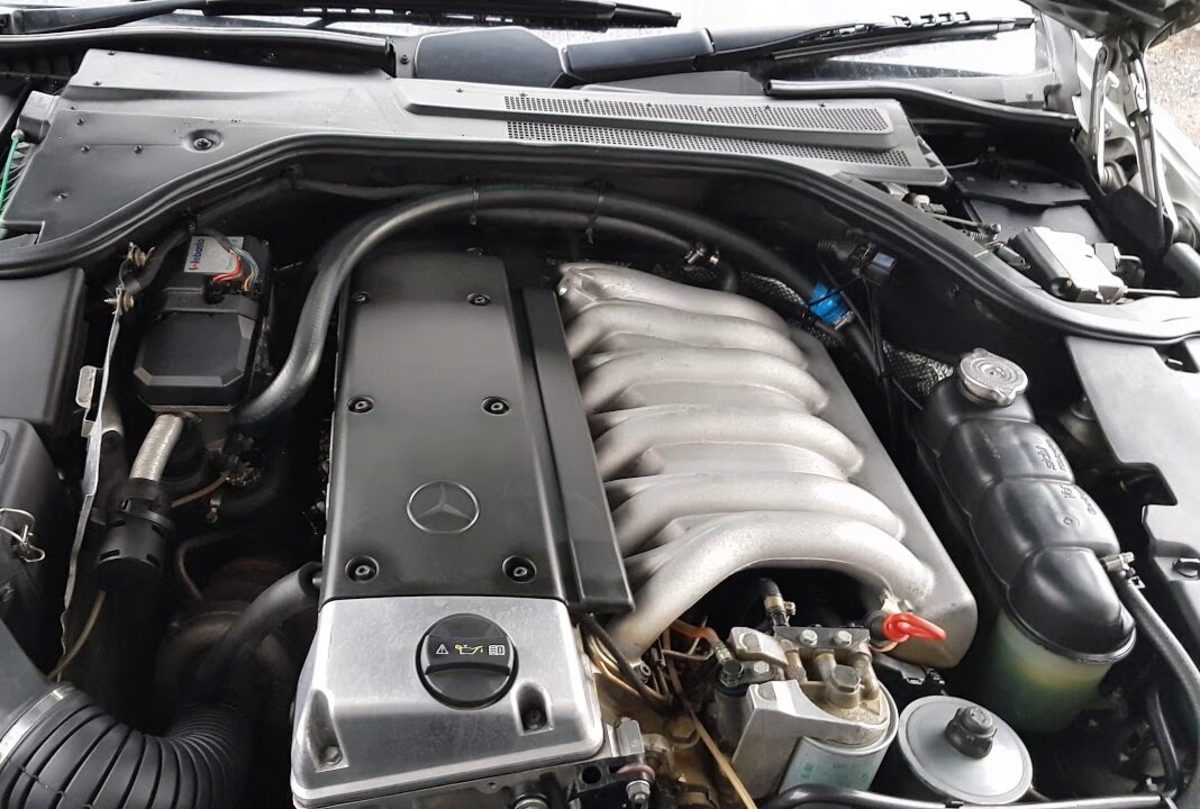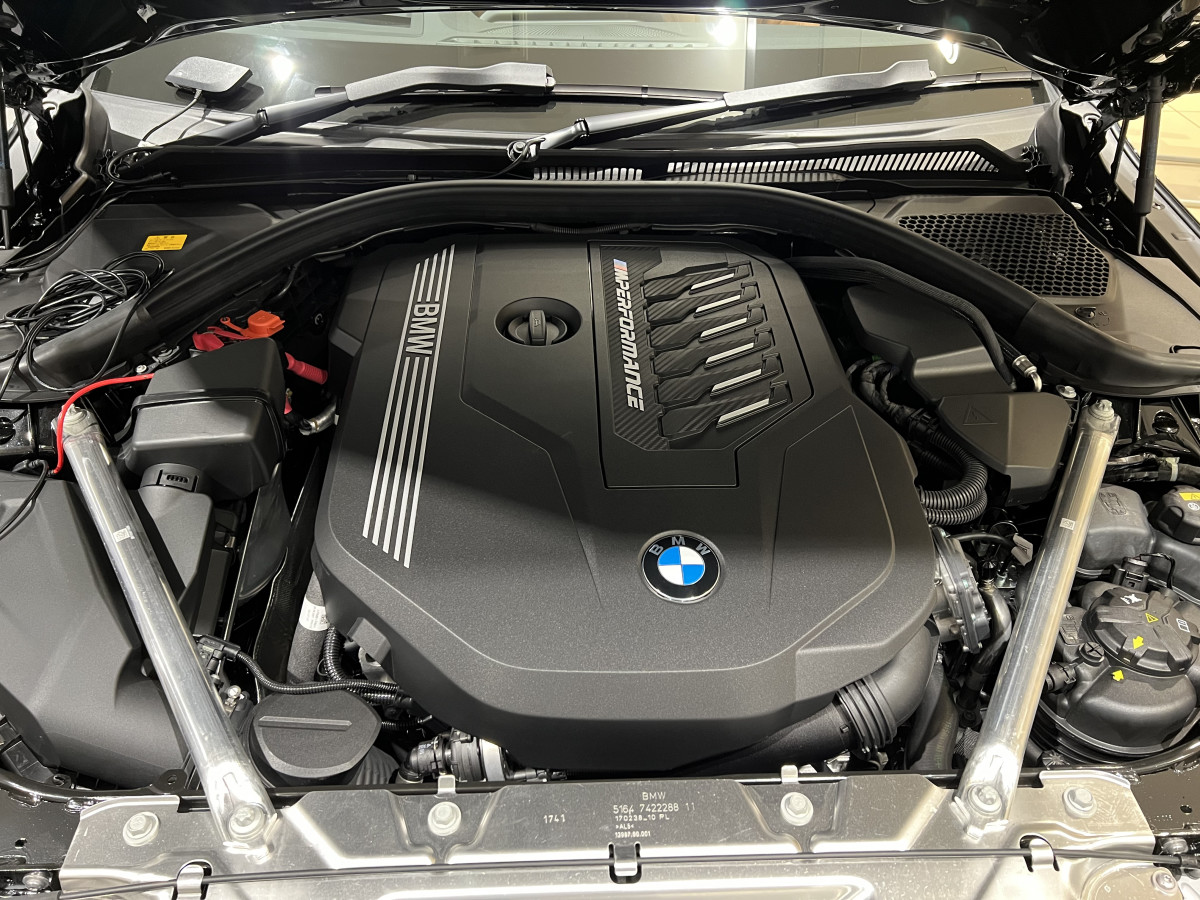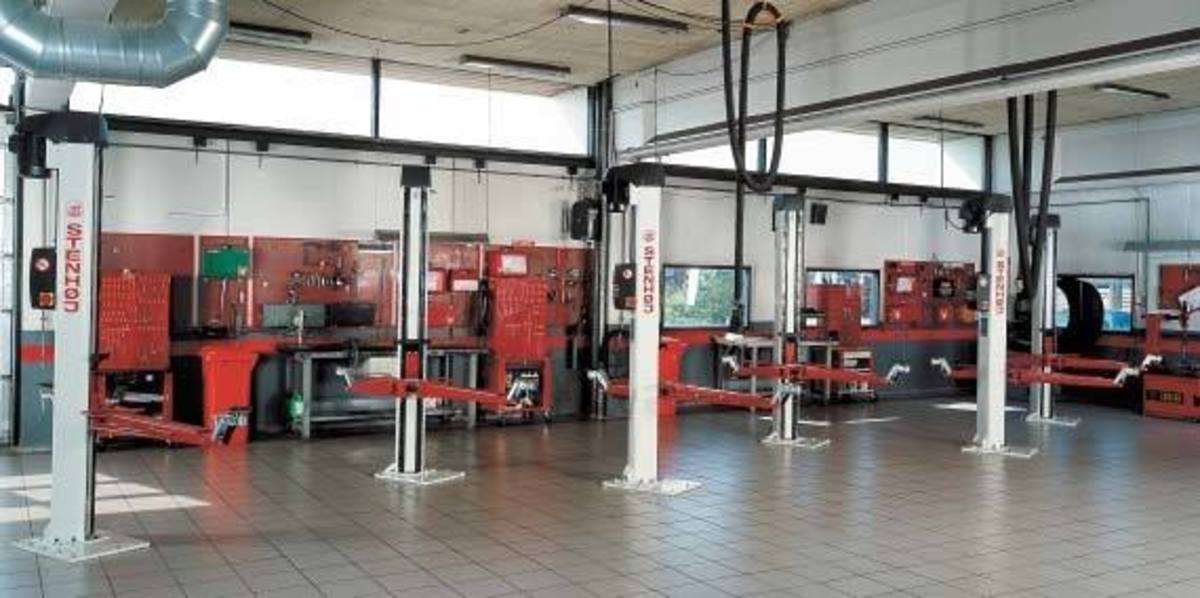How to import secondhand cars into Kenya from Japan
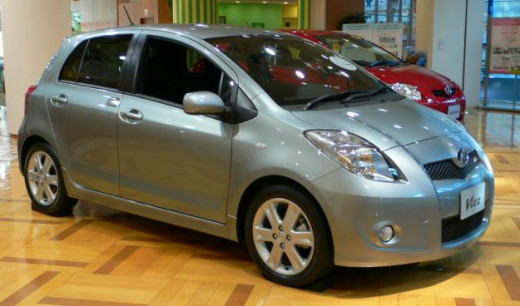
So you want to import a car from Japan to Kenya?
Buying a car locally can be expensive, especially considering that the seller might be putting it up for sale after noticing a few hiccups here and there and doesn’t want or can no longer afford maintenance costs. So after a likely strenuous and thoughtful patch in time, you might have reached the decision to import a vehicle yourself and save a couple of thousands in a good car deal.
Most cars for sale in Kenya have blast past 8 years of age, a post-optimal performance period where unceremonious stops on the roadside to make quick repairs are quite common. In fact, according to the Kenya Revenue Authority, Kenya’s tax body, most cars shipping in through the Mombasa Port are already used for 7 years; importing vehicles past 8 years of use is illegal, according to a KS 1515:2000 quality standard set by the Kenya Bureau of Standards (KEBS) and enforced by the Kenya Customs.
Further, and understandably, car dealers in Kenya that import used cars from Japan must scale up the buying price to make a profit, even if to just make enough to keep their businesses afloat.
No one says importing cars into Kenya is easy. If doing it for the first time, it might even end up costing you more than if you had bought a car locally in the first instance. To import Japanese cars into Kenya, here are handy tips and measures you might find indispensable and in accordance to the Government of Kenya’s requirements on used car importations.
How to Import Used Cars Duty Free into Kenya
The Government of Kenya allows Kenyan citizens based overseas to ship in used cars duty free after passing a few eligibility conditions.
- Have attained a minimum of 18 years
- Must have personally owned the car in question for at least the previous 12 months
- Must have resided overseas for the last 2 years and have not been in Kenya during this time for a period adding up to less than three months (90 days)
- The car must not be over eight years old from year of manufacturing
- This “kind” gesture is only extended to an individual ones
In addition, foreign diplomats and high level investors can also tap into this window of exemption from car import duty in Kenya, but for the purposes of this article the concern is on importing second hand cars from Japan into Kenya.
How much does it Cost to Import a Car into Kenya?
It depends on whether your desired car meets some or all of the following conditions and requirements.
i) Current Retail Selling Price (CRSP)
CRSP is the amount KRA estimates to be the current recommended retail price of a specified car model while new – Not necessarily how much you paid for it overseas. Also important to note, is that the CSRP considered by KRA is based on the manufacturing date of the car and not the date of the car’s initial registration in its country of origin that might have taken place months later.
While KRA considers the manufacturing year of the motor vehicle to determine whether it should be allowed into Kenya, it is the registration date that’s considered when calculating for duty fees.
CRSP values of popular models are availed on the KRA official website (www.kra.go.ke) and are updated every six months.
ii) Year of Manufacture/Age of the Car
New cars attract 25% duty on the CRSP. So, if you intend to buy a Toyota Premio with a KRA CRSP of KSh 1,000,000, some KSh 250,000 will add in as duty fees. For each year past the manufacturing date of the car, KRA slashes off 10% from the initial CRSP of that car model. Such that if your car by the time of importation is a maximum 8 years old, KRA charges 25% of the difference between the initial CRSP (KSh 1,000,000 as in the example above) and the current discounted CRSP (70% off the KSh 1,000,000). Around KSh 300,000.
iii) Tax and other Charges
According to KRA, here’s how to calculate excise duty, Value Added Tax (VAT) and Import Declaration Fee (IDF). CIF stands for Cost, Insurance and Freight amount paid for the car, and is deduced from the vehicles CRSP.
- Import duty = 25% of CIF amount of the car
- Excise duty = 20% of the (CIF amount + Import duty)
- IDF = 2.25% of CIF value. The minimum amount you can pay up here is KSh 5,000.
- Value Added Tax = 16% of (CIF amount + Import duty + Excise duty)
Online Import Duty Calculator
You can use web-based tools to help you calculate up to the last coin, the amount of cash your used car import process may end up costing. Typically, an online kra import duty calculator consists of fields that require you to enter your desired car’s information. This includes but is not limited to the year of manufacture, make and model, body type and engine capacity. In Kenya, vehicles that top the 2000cc engine capacity generally attract a higher duty charge.
Hidden Charges You need to Know
Also, it is wiser to go for cars that are below the 8-year old rule since unforeseen changes in shipping or other paperwork can quickly make yours an illegal purchase. Consequently, you might either lose your initial investment or have to oil hands to get things moving faster at the Customs offices – a corrupt, illegal activity in itself.
It is thus wiser to enlist the services of clearing and forwarding agents to speed up the process seeing that they’d have the advantageous experience and networking powers at the port. Furthermore, KRA requires importers to have clearing agents to work on their behalf through the KRA’s online Simba platform.
There are some other charges involved in the process of importing a used car from Japan to Kenya.
- You may have to pay your auction agent in Japan an agreed amount
- Shipping costs vary too, but on average KSh 10,000 - 13,000 and are paid to the shipping line involved in transportation
- After the ship’s arrived at the Port of Mombasa, you will have foot container freight station (CFS) fees ranging from KSh 18,500 for 2WD salon car to highs of KSh 34,000 for a 4WD.
- While at the port before clearance, you will also have to cater for storage fees that start from KSh 3,000 per day
- Thus it is clearly important to ensure you hire a competent clearing and forwarding (C&F) agent to save you money and time. On average, a C&F agent will need compensation starting from KSh 15,000 (negotiable) onwards for both units and more for containers.
- Cheap is not necessarily best here, so remember to check on an agent’s reputation before inking an agreement with him/her. Some C&F agents offer to register your car, acquire number plates, make minor repairs (cosmetic or otherwise) and deliver the car to your doorstep for the said amount while others will ask for additional fees.
Beware of Rising Motor Vehicle Fraud in Japan!
According to the Japanese Embassy Office in Kenya and the Japanese Used Motor Vehicles Exporters Association (JUMVEA), there precautions you can take to protect yourself and investment from increasingly aggressive and internet-smart fraudsters.
- Check the JUMVEA official website for a definitive list of recognized and registered used car dealers in Japan
- Avoid car dealers that provide numbers starting with +81-80 and +81-90, which are probably not permanent cellphone numbers, but landlines that are easily accessible and affordable in Japan
- A company that deals only through email and cellphone may not be credible.
- If a deal is too good, think twice. Fraudsters use price cuts to trick potential and unsuspecting buyers shopping around for cheap used cars.
- Demand an actual odometer test before remitting the money
- Demand and check multiple photos of the car, both interior and exterior, and also check for consistency on the background to ensure the photos are not altered
- Get the details of both the purchase and car dealer in writing before committing your money. Check the information against data available at the Nairobi-based Japanese Embassy.
To sum up, while importing a secondhand vehicle in Kenya can be quite an uphill task, it is well worth it if done right. Again, it is important to enlist the services of clearing and forwarding agents at the port of Mombasa. This way, you don’t end up abandoning the car at the parking lot after storage and other charges have accrued to high amounts, and the Customs Department won’t let you take your car from the port area. Hopefully the information above helps you import your car without any glitches.

